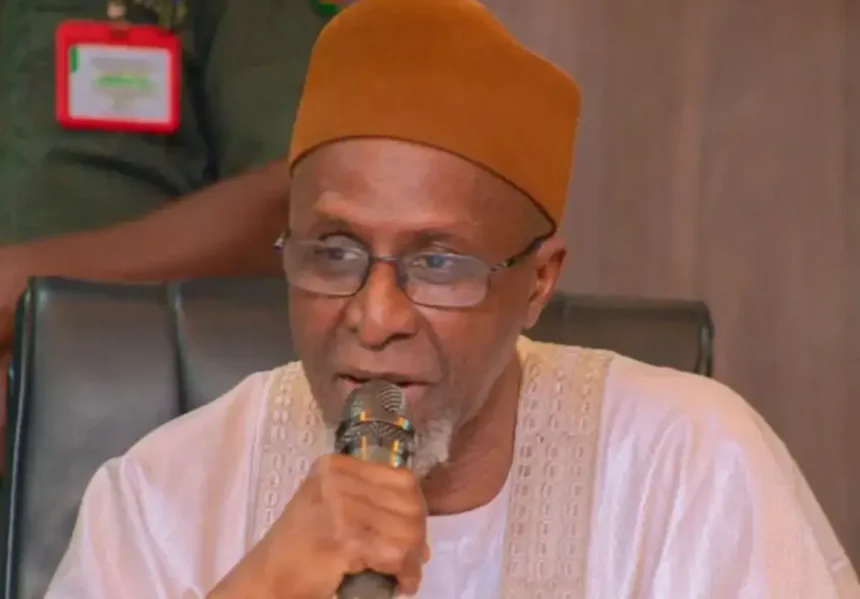The Federal Government has expressed deep concern about the escalating threat of desertification across parts of northern Nigeria, disclosing that between 50 and 75 percent of the landmass in Bauchi, Borno, Gombe, Jigawa, Kano, Katsina, Kebbi, Sokoto, Yobe, and Zamfara States is already affected.
The Minister of Environment, Engr. Balarabe Lawal, made this known in Abuja during a workshop aimed at reviewing the National Policy on Drought and Desertification. The event was supported by the World Bank through the ACReSAL Project.
Describing desertification as the most pressing environmental challenge facing Nigeria’s dryland regions, Lawal warned that the affected states—covering about 38 percent of the country’s total land area and home to nearly 27 million people—are increasingly at risk of poverty, food insecurity, and forced migration due to the harsh and worsening environmental conditions.
The Minister who was represented by the Permanent Secretary, Mahmud Kambari noted that “the dryland region supports over 90 percent of Nigeria’s cattle, two-thirds of the sheep and goats, and almost all the donkeys, camels and horses. It also plays a vital role in agricultural production and the export of crops. But these areas have now been impoverished by drought and desert-like conditions.”
According to the Minister, the land degradation across Nigeria is accelerating at an alarming rate. Data from 2000 to 2010 revealed the country lost over 463,000 hectares of forestland, with a significant portion converted to cropland, shrubs and grasslands.
Over 360,000 hectares have experienced declining productivity, with many more showing early signs of deterioration.
Lawal highlighted unsustainable land-use practices, agricultural expansion, deforestation, mining, urbanization, and climate change as key drivers of desertification and drought in Nigeria.
He emphasised the need for a holistic and inclusive approach, incorporating input from affected communities and stakeholders across sectors.
The Minister further lamented the limited effectiveness of the existing National Policy on Drought and Desertification, which was formulated in 2007.
He said the 17-year-old document requires urgent review to address emerging gaps and integrate sustainable development principles such as gender equity, precautionary measures, and intergenerational justice.
He urged participants to critically examine the current policy and contribute to the creation of a new framework that will be robust, participatory and capable of mitigating land degradation across the country.
While commending the World Bank and ACReSAL for their support, the Minister called for stronger inter-sectoral collaboration to ensure the new policy aligns with national strategies on agriculture, mining, urban development and climate change.
The National Project Coordinator of Agro-Climatic Resilience in Semi-Arid Landscapes (ACReSAL) project in Nigeria is Abdulhamid Umar revealed that the project is being co-implemented by the Federal Ministry of Water Resources, Agriculture and Environment with 19 northern states participating in the project.
He pointed out that drought has become a recurring issue in the country, emphasizing the need to review the National Desertification and Drought Policy, which dates back to 2007, to align it with the current realities of climate change.
He urged stakeholders to develop a comprehensive policy document that will lead to integrated landscape management and enhance the climate viability of the environment in the future.
READ MORE FROM: NIGERIAN TRIBUNE
WATCH TOP VIDEOS FROM NIGERIAN TRIBUNE TV
- Let’s Talk About SELF-AWARENESS
- Is Your Confidence Mistaken for Pride? Let’s talk about it
- Is Etiquette About Perfection…Or Just Not Being Rude?
- Top Psychologist Reveal 3 Signs You’re Struggling With Imposter Syndrome
- Do You Pick Up Work-Related Calls at Midnight or Never? Let’s Talk About Boundaries







